
Skincare is no longer simply about your regular cleanse-tone-moisturise-SPF routine. In fact, these days it’s more hi-tech than ever before; from LED face masks to tools you can use to contour your facial muscles, there’s plenty of options out there if you’re looking to add a little scientific edge to your collection.
But which should you choose to invest in? Two of the biggest areas of techy tools centre around red light and microcurrent – but what exactly are they, and how do you know which is best for your personal skin goals? Keep reading to learn what the experts have to say about both options.
Experts explain microcurrent vs red light therapy to help you decide which is best for you
Microcurrent vs red light therapy: what’s the difference?
There is quite a distinct difference between microcurrent and red light, particularly in the way each therapy is used. While red light therapy involves using a treatment or tool that harnesses the power of red light, microcurrent therapy “is a type of treatment that uses low-level electrical currents to stimulate the muscles and tissues in the face for better circulation and muscle tone,” explains Dr. Maryam Zamani, oculoplastic surgeon, facial aesthetics doctor and Founder of MZ Skin.
The key benefit of the latter is, therefore, that it lifts and tones, making it a brilliant option for contouring and sculpting the face. Microcurrent therapy “stimulates facial muscles and creates energy within the skin, [helping] to support and lift the facial muscles when used consistently,” confirm The Light Salon founders Hannah Measures and Laura Ferguson.
Red light is an example of a more typical LED treatment; it uses “a specific wavelength of 633nm light energy,” which is then “absorbed into the epidermis and dermis, energising and repairing cells, improving cellular activity,” the duo adds. It can benefit the condition of skin, particularly when it comes to maintaining its health and youthful appearance. This is largely due to its ability to stimulate collagen production, meaning fine lines and wrinkles are targeted, as well as inflammation and/or redness.
Both treatments therefore have their uses, so it depends what you are seeking more: improvement of the skin’s condition, or the contour and sculpting of the facial muscles.
How do you know which you 'need' for your skin?
As mentioned, this is a question that is primarily answered by your own personal needs. For those who have concerns relating to the quality of their skin, LED treatments – either in-salon or at home – with red light can be excellent, as they target loss of collagen and elastin, plus things like inflammation. However, if your goal is to achieve a more lifted, sculpted complexion that focuses on the facial muscles and deeper structures of the face, microcurrent may be the way to go.
However, trying both forms is also fine and can often allow you to reap the most rewards for skin health and appearance overall, our experts agree. “These devices are not mutually exclusive and can be used concurrently for a total rejuvenation of various structures of the face. Both will help with circulation, too,” says Dr Zamani, while CurrentBody Founder Laurence Newman adds: “Both are very gentle yet effective technologies that work very well when combined.”
Newman explains that, as well as your goals, it may come down to personal preference – particularly if you are thinking about investing in one device to use at home. “Microcurrent requires you to apply gel and use your hands to follow a program, while LED masks are hands free," he explains. "As with all home-use devices, consistency is key; before investing you have to consider ‘will I fit this in and does this suit my lifestyle?’”
What are the best options for microcurrent and red light therapy devices?
If you’re in the market for one or the other (or even both), Measures and Ferguson confirm it’s pretty simple to recognise the difference between the two options and what they look like, “as they do very different things.” They explain: “the first thing is to look at the shape. Microcurrent tools tend to be handheld with prongs or spheres on the end, whereas red light tools are often masks or panels.”
Let’s start with LED masks that use red light; MZ Skin, The Light Salon and CurrentBody all offer highly-rated tools that not only feature red light, but infrared or near-infrared, too. There are plenty of other options on the market, but you should always do your research before making a big investment.
Microcurrent devices, on the other hand, are also widely available. My favourite is by NuFACE, but FOREO also makes great options, while CurrentBody stocks the ZIIP Halo device, which is for facial toning.
Whichever one you opt for, it’s usually worth investing a little more for high quality results. “You may have seen the £20 ‘microcurrent’ devices on TikTok, claiming to lift the face,” says Newman. “It simply isn’t possible to engineer a product that delivers actual microcurrent for that price; the waveforms are complex and need very specific circuitry to offer results.”
“Similarly, with LED, not all LEDs are made equal," he continues. "You need to look for precision of wavelength combined with optimal coverage – so every area of the face is treated in an identical way – plus the exact dose (treatment time),” he continues, before concluding: “across both technologies, I would say research is vital.” Below are some of the top options on the market.
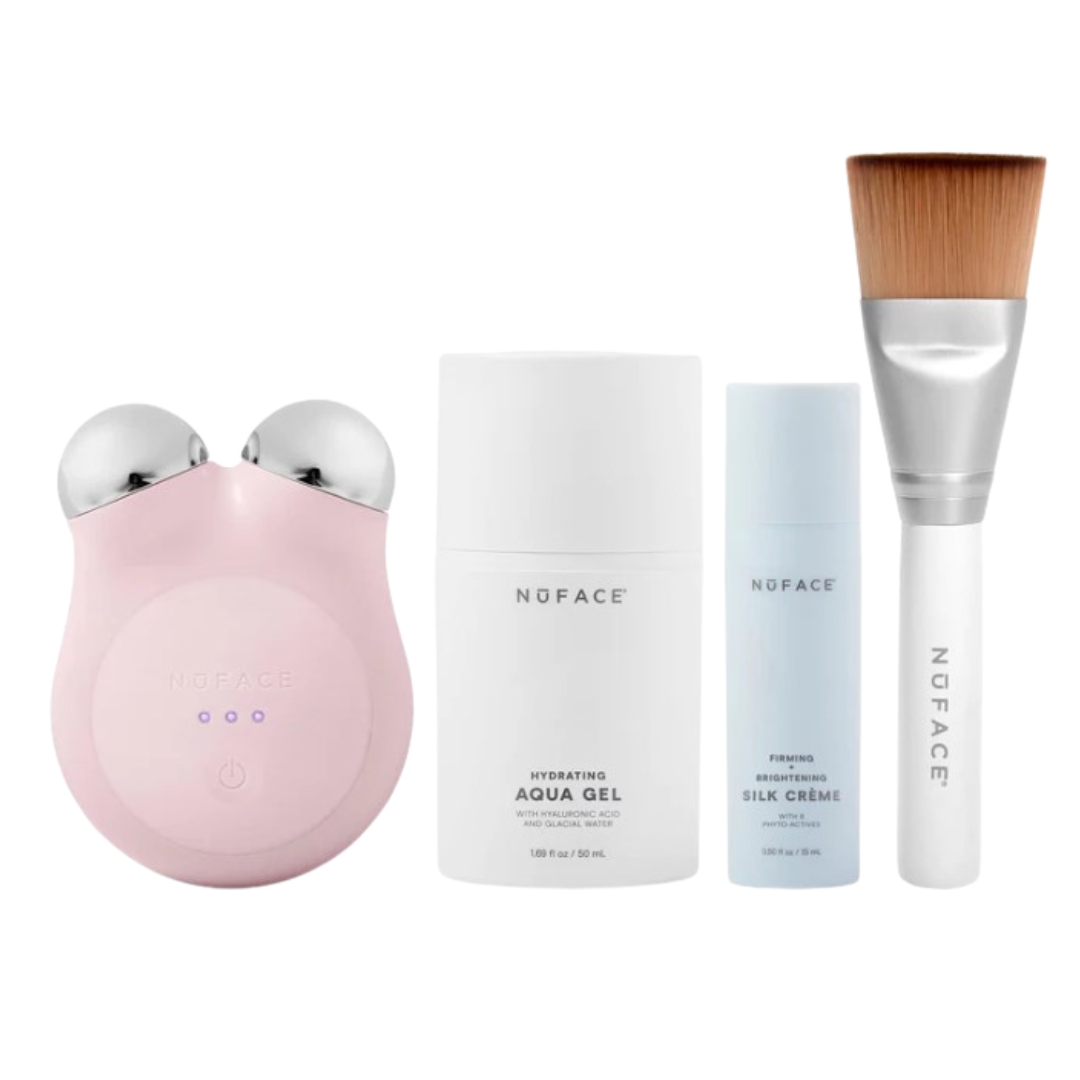
RRP: £184
The microcurrent device I personally use, this is a great option for beginners. It’s easy to use, fairly priced and delivers results both instantly and cumulatively.
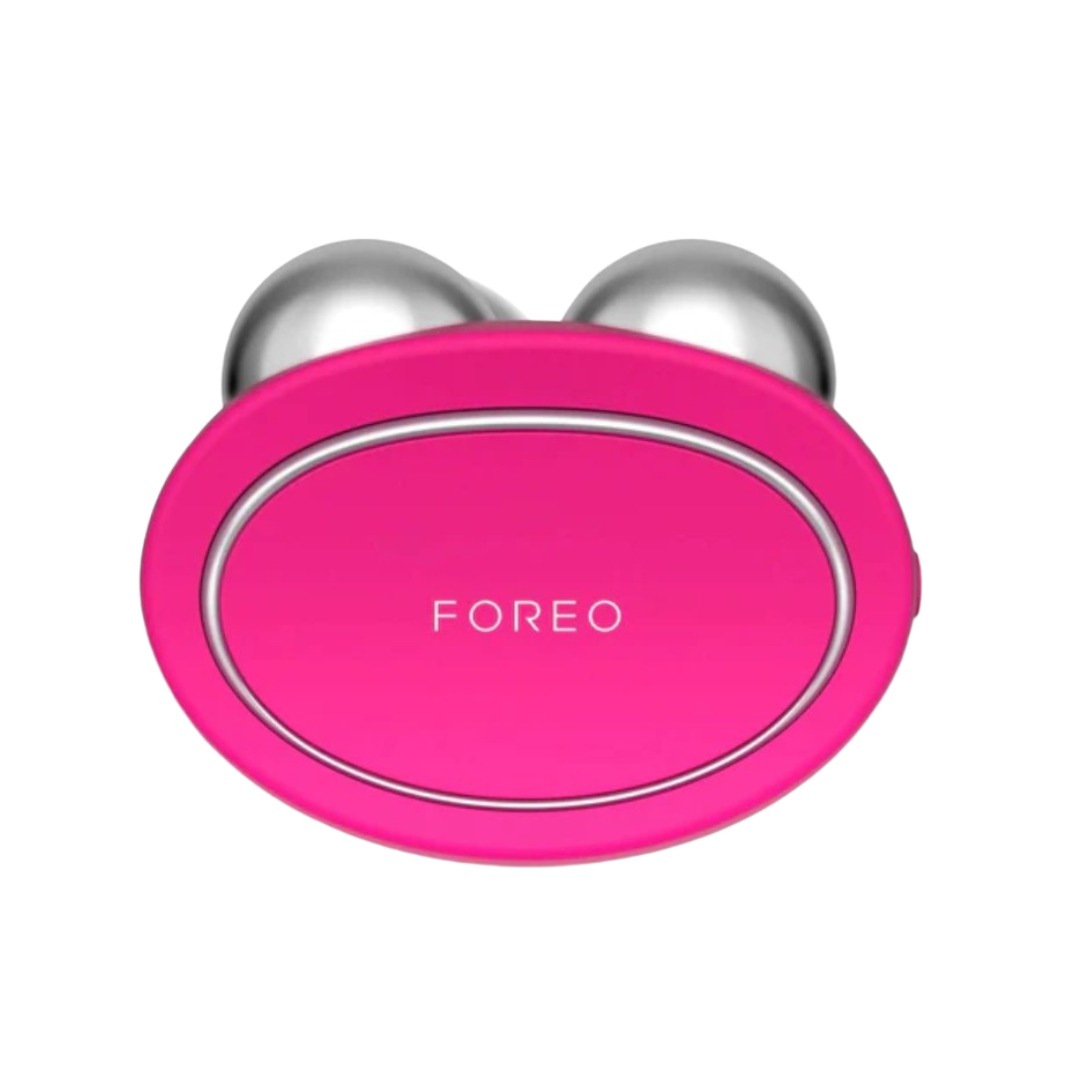
RRP: £379
This cute device uses microcurrent to tone the muscles in your face and neck effectively and with little effort needed.
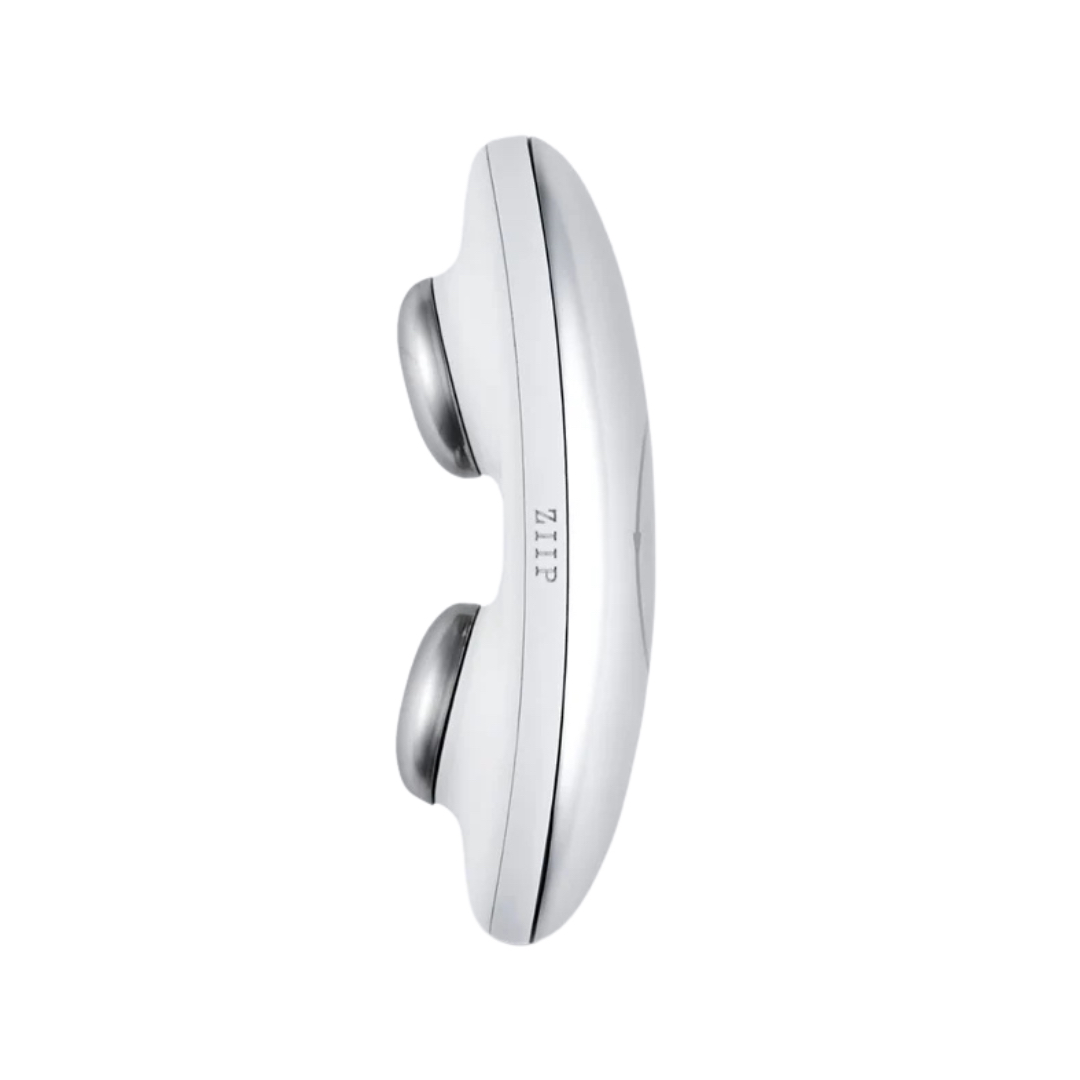
RRP: £379
CurrentBody’s tool uses microcurrent and nanocurrent technologies to not only tone, but boost collagen production too.
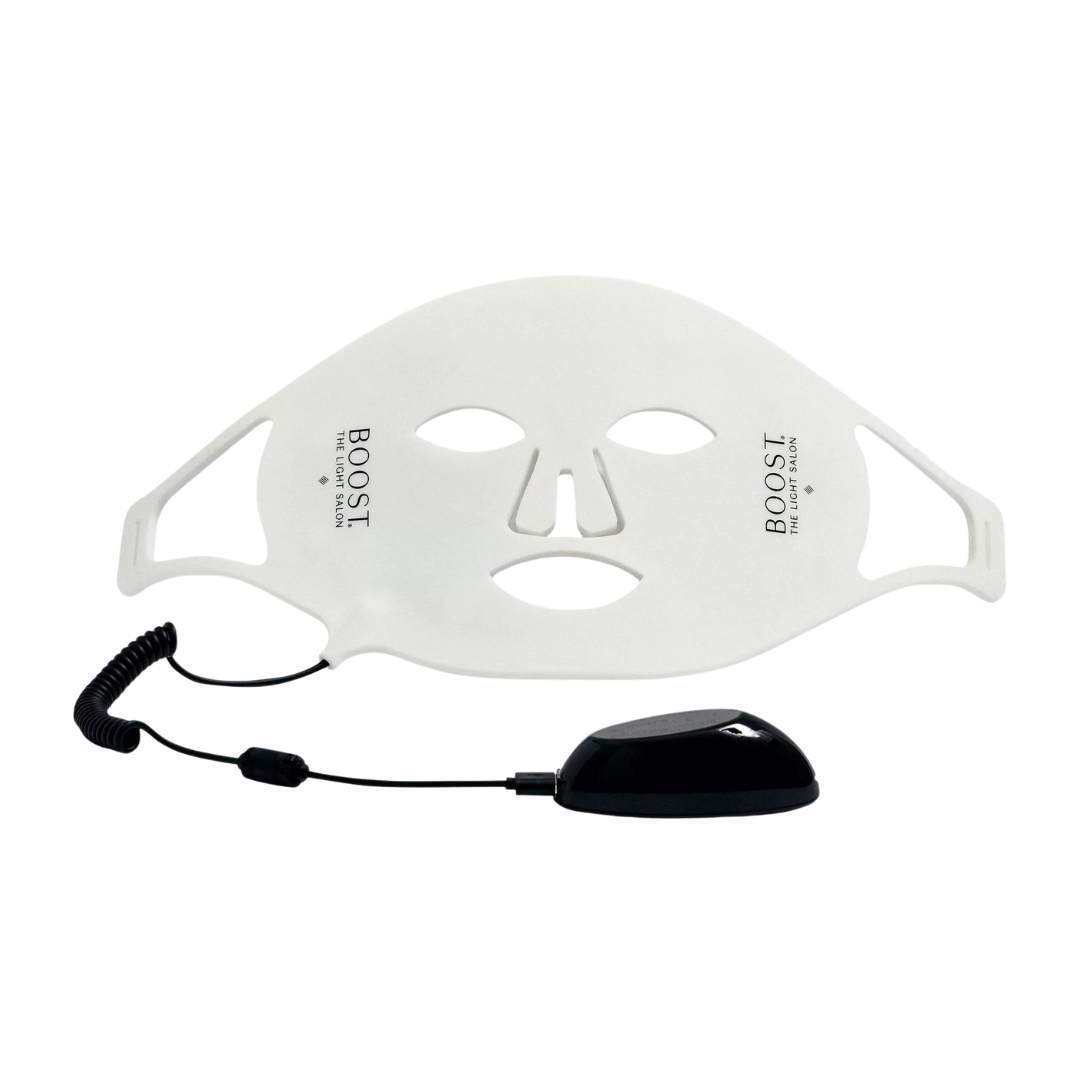
RRP: £395
Using both red and near-infrared light, The Light Salon’s mask works to boost collagen production, as well as elastin and hyaluronic acid for a noticeably plumper, more hydrated complexion over time.
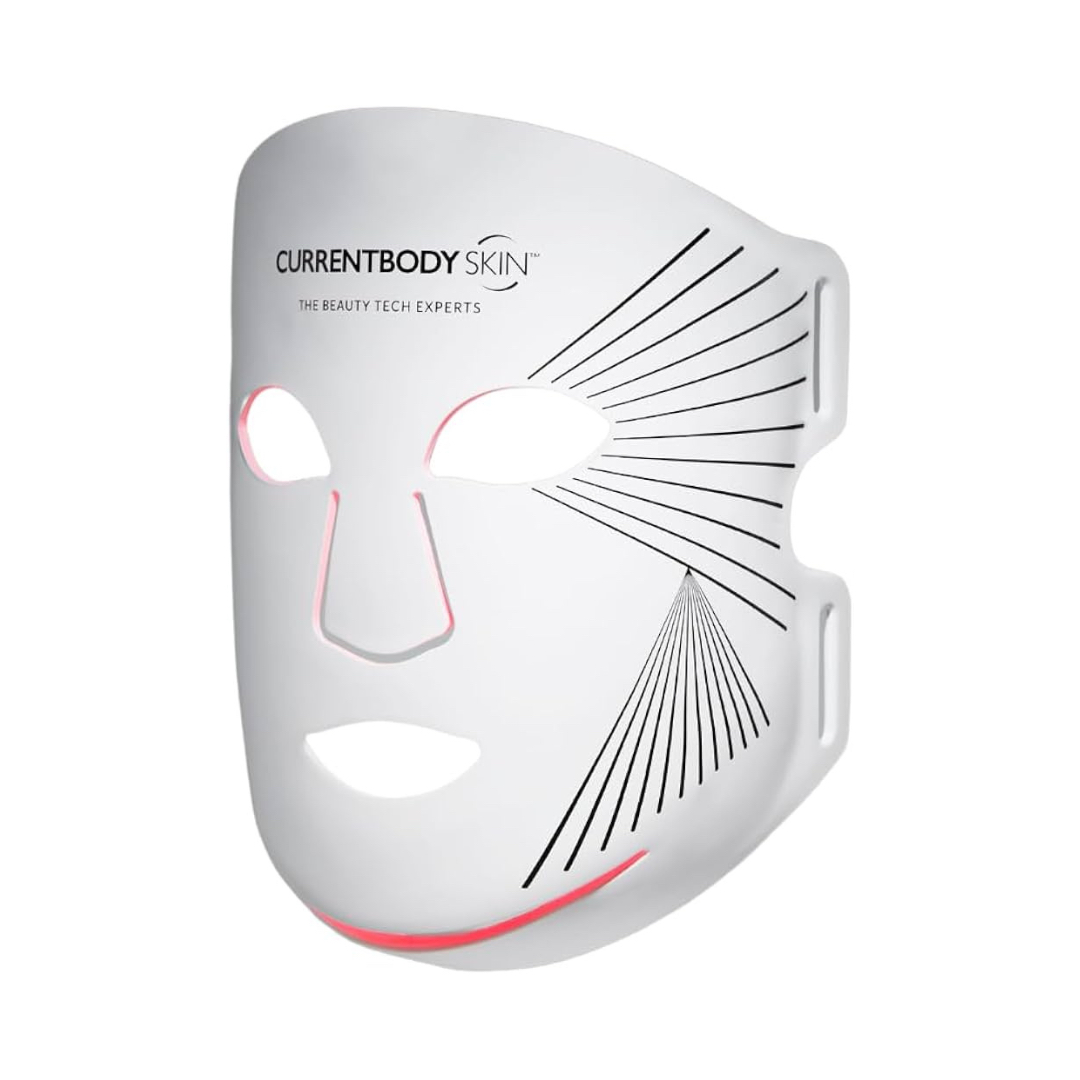
RRP: £399
CurrentBody’s best mask yet uses three forms of light (red, near-infrared and deep near-infrared) to best penetrate skin that works to target fine lines, wrinkles and lost elasticity.
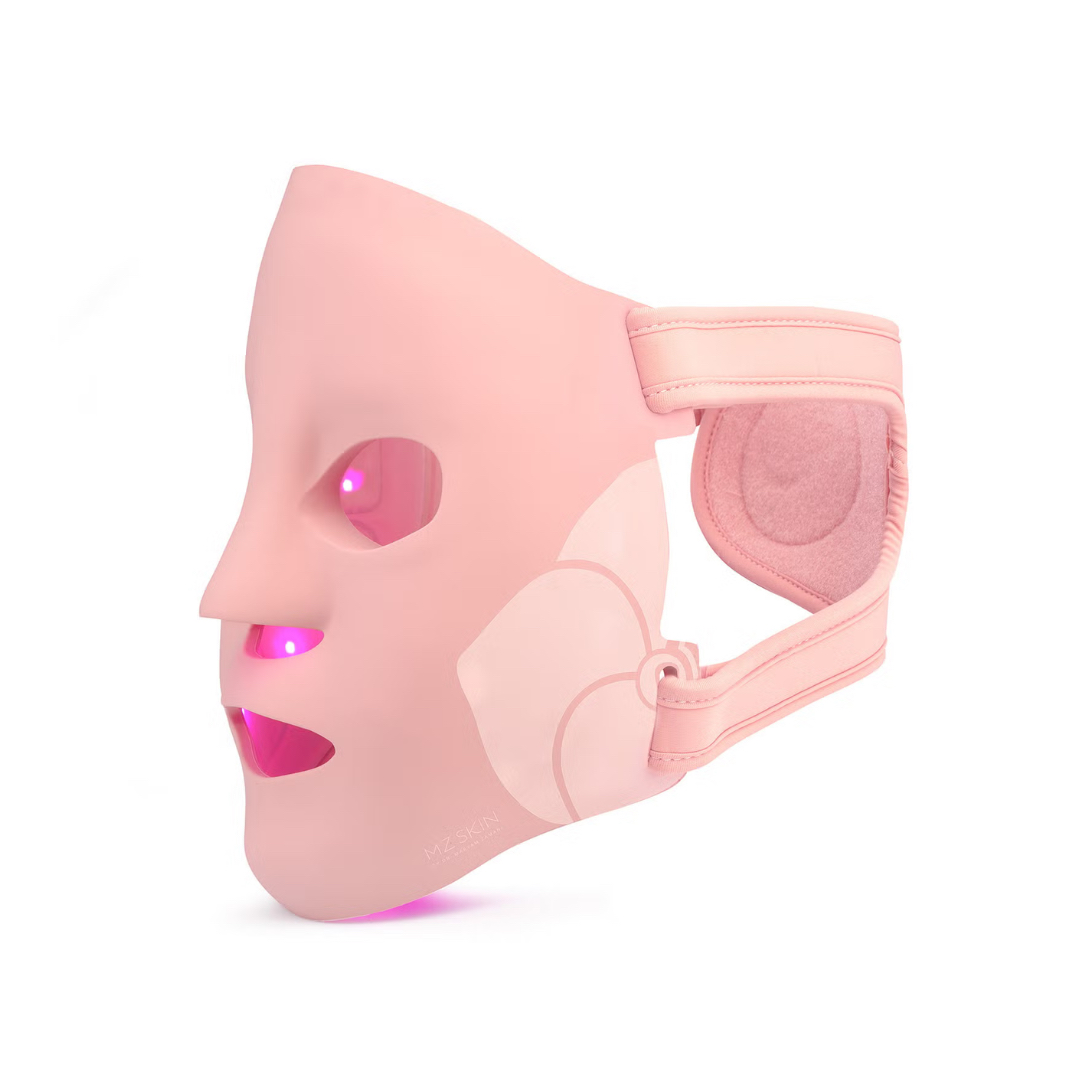
RRP: £750
This hi-tech tool focuses its ‘Anti-Ageing LED Mode’ (that features red and infrared light) on stimulating collagen production, boosting luminosity and repairing skin that’s inflamed or damaged.







